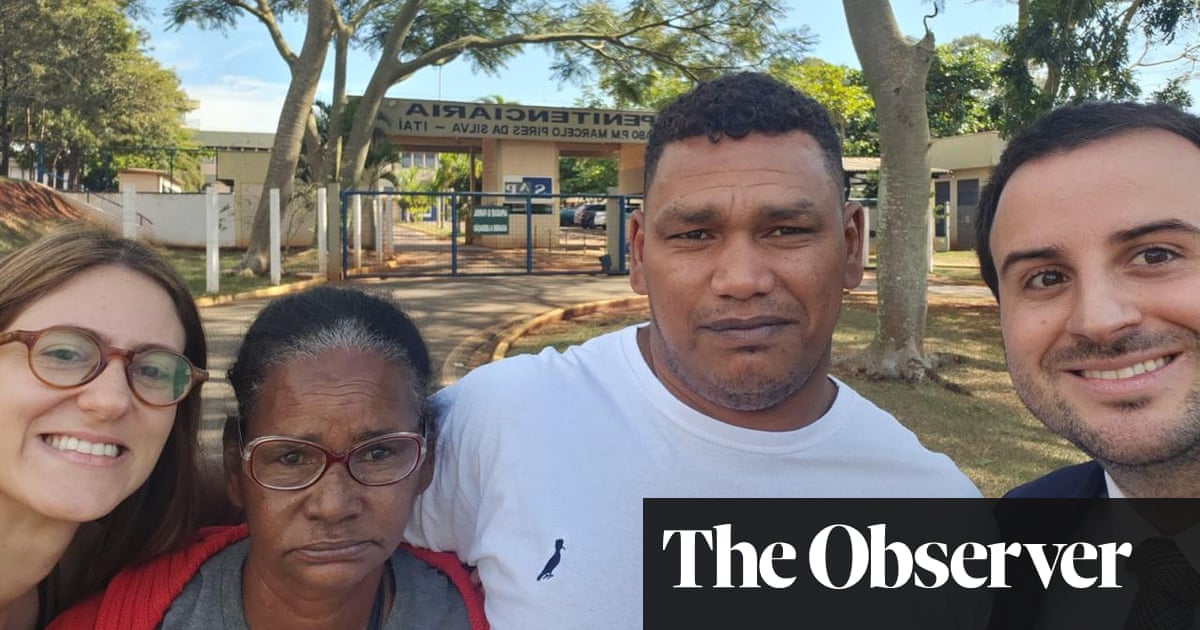Carlos Edmilson da Silva, a man wrongly imprisoned for crimes he didn't commit, has been released after spending 12 years in jail. Initially arrested at the age of 24, Carlos Edmilson da Silva was accused and convicted of a series of rapes near the Castello Branco highway in Barueri, Brazil.
Nicknamed the "Castello Branco maniac" by the media, he was sentenced to a total of 170 years on the basis of photographic recognition evidence, a practice that is now being questioned and challenged for its role in miscarriages of justice.
Carlos' ordeal began in 2006, when he was first arrested for theft. His photograph was later added to a police album. Between 2006 and 2007, four women were raped in Barueri. One of the victims failed to identify Silva from his photograph, which led to his arrest and a three-year prison sentence until DNA evidence proved his innocence. However, his photograph remained in police records, explains The Guardian.

Between 2010 and 2012, another series of rapes took place in Barueri and Osasco. Carlos was arrested again after a detective, remembering the previous identification, showed his photo to the new victims. They identified him, resulting in several convictions based on this method alone. The detective cited the suspect's appearance as a "black man of medium height" as the reason.
Throughout their trials, the use of photographic recognition was strongly criticized. Prosecutors used physical stereotypes to justify the identifications. Public prosecutor Vagner dos Santos Queiroz argued that criminals often share a "common physical type", a statement that highlights racial prejudice.
The Innocence Brazil Project, co-founded by lawyer Flávia Rahal, discovered significant flaws in the case, including the absence of DNA tests. By carrying out these tests, the real perpetrator, who had already been arrested for robbery, was identified. On May 16, the Superior Court of Justice (STJ) overturned Silva's conviction and ordered his release.
In his decision, magistrate Reynaldo Soares da Fonseca criticized the improper use of photographic recognition, saying that it violated Brazilian legislation that restricts such practices. STJ Justice Rogério Schietti, who studied the issue, pointed out the systemic prejudice in which detectives often only present photographs of suspects they already consider guilty, especially in cases involving black men.
Since his release, Carlos has moved to an isolated area to readjust to society. Rahal stressed the wider implications of the case, regretting that the real rapist remained at large while an innocent man was punished.
In his only public statement, the man reflected his commitment to rebuilding his life: "Get a job and make up for lost time".





